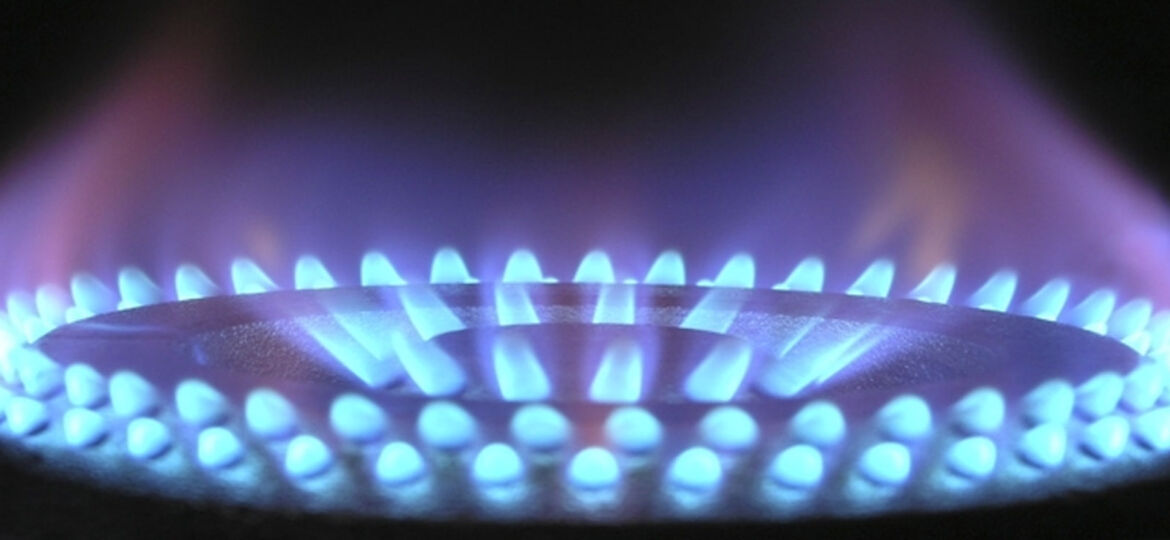
WHY THIS MATTERS IN BRIEF
As countries try to hit their emissions targets fossil fuels are under fire, now the UK government is calling time on domestic gas supplies.
Connecting new homes to the UK’s gas grid could be banned after 2025 as the UK government, just like many other governments continue to wage on climate emissions and the fossil fuels that cause them. And the initiative is just one of many, including banning the sale of combustion engine vehicles from 2030 and 2040 onwards, that many countries, including France, Germany, India, and the UK, have already announced, all of which should help hasten the move to electric vehicles, which one day will be wirelessly charged and even battery-less, renewable energy, which recently surpassed 1 Trillion Watts of installed capacity, and off grid living, as we’re already seeing emerge in Japan.
Under the new plans unveiled by climate watchdogs no new homes will be connected to the gas grid after 2025 at the latest, in order for the UK to meet its legally binding climate targets. And the proposals, from Government’s official climate advisers, would call time on new gas radiators, boilers and cooking hobs.
The move away from gas, which also means moving away from gas heating and hobs is likely to disappoint many home cooks who prefer them to electric as they find the heat is easier to control, but despite this the Committee on Climate Change has said new homes should rely solely on low-carbon heat sources, such as electric heat pumps or district heating schemes.
Lord Deben, the committee’s chairman, said: “Simply put, there is no way in which the UK can meet the legally-binding climate change targets that Parliament has determined unless we take the measures outlined in this report.”
The report calls for the millions of new-build homes to be built in the coming years to meet ultra-high energy efficiency standards, and be timber-framed where possible. Meanwhile, the UK’s 30 million existing homes should face tougher energy efficiency standards by improving insulation and taking up new low-carbon heat technologies too. Chris Stark, the committee’s chief executive, said the “cultural shift” away from gas is “not one that we should be scared of”.
“We know that these technologies work, they provide exactly the same level of comfort, are more efficient, and of course they are greener too,” he added.
The UK is bound by law to cut greenhouse gas emissions by 80 percent from the 1990’s by 2050 under the Climate Change Act. Home heating is “very much on the front line” of the UK’s battle against climate change as it makes up around a fifth of the UK’s greenhouse gas emissions.
“The question of low-carbon heat, plus improved energy efficiency, and adapting our housing stock for the changing climate stands as one of the biggest infrastructure questions that we have in the UK at the moment,” he said.
Households can also make a big difference, even with small changes, according to the report. This includes setting boilers to the correct temperature, installing shading and increasing insulation, which helps to lower people’s energy bills and improve the comfort of our homes.
These steps could also keep rising energy bills in check by saving households in new homes between £70 and £260 each year, according to the committee.
“It’s a conundrum that we haven’t done more about this sooner, especially given the many benefits of acting,” said Stark.
















